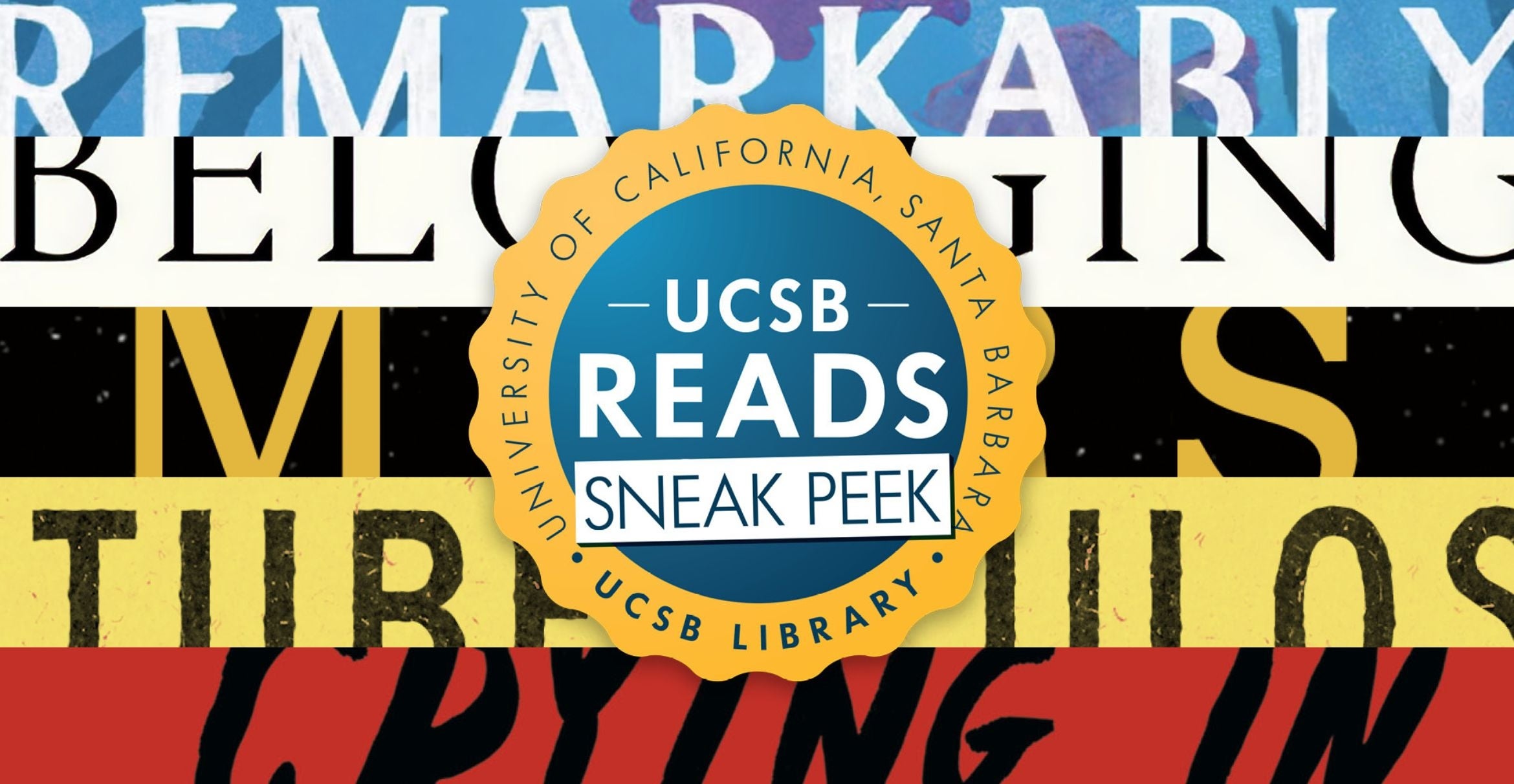Edward A. Keller, professor of geological sciences and environmental studies at the University of California, Santa Barbara, was recently honored with the Don J. Easterbrook Distinguished Scientist Award by the Geological Society of America.
The award is given to an individual who has shown unusual excellence in published research, as demonstrated by a single paper of exceptional merit or a series of papers that have substantially increased knowledge in Quaternary (of the last 2 million years) geology or geomorphology.
The nomination is for one of his earliest papers, published in 1971 and described by research geologist Joan Florsheim of UC Davis, who nominated Keller, as an "insightful description and quantification of the fluvial processes that contribute to sorting of bed material and maintain pool-riffle sequences in alluvial streams that he called the 'velocity-reversal hypothesis.'" This seminal paper was followed by a suite of influential papers in fluvial (river) geomorphology. It was noted that Keller continues to be an active, influential researcher in both the study of river form and process, and in studies of Quaternary stratigraphy, and tectonics, as they relate to earthquake hazard, active folding, and mountain building.
As winner of the award, Keller will give the Don J. Easterbrook Distinguished Scientist Award Lecture on Nov. 7, in Denver, at the annual meeting of the Geological Society of America. He will discuss "Pool Formation in Steep Mountain Streams: The Role of Large Boulder Roughness Elements." This research has the objective of better understanding the habitat of endangered southern steelhead trout in Mission and Rattlesnake Creeks above Santa Barbara.
Related Links
Edward A.Keller
Department of Geological Sciences
Department of Environmental Studies



